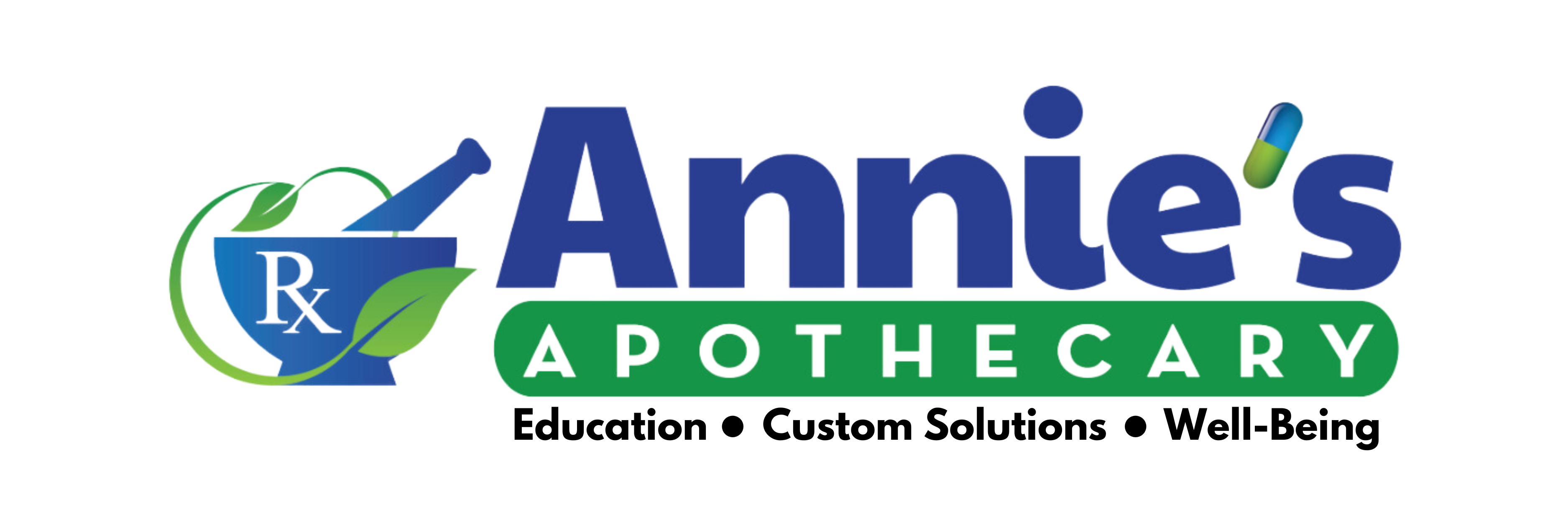We have all heard that moderate wine drinking is beneficial for heart health, but it is important to know that even moderate drinking can impact your nutrient levels in your body causing an increased risk for other diseases. Knowing what nutrients are depleted will help you with food and wine pairings and nutritional supplement selection. Many times a supplement is easier to take to replace the deficiencies when high amounts of the vitamin or nutrient is necessary.
First of all, let’s define moderation as it applies to consumption. The American Heart Association recommends no more than two drinks per day for men and no more than one drink per day for non-pregnant women. In wine terms, that would be 8 ounces of wine for men and 4 ounces of wine for women. Heavy drinking is known to cause folic acid deficiency. And even moderate drinking may pose a problem. Women in the Nurses' Health Study who drank moderate amounts of alcohol and took in little folic acid had a higher risk for breast cancer than their counterparts who took multivitamins containing folic acid. This combination -- drinking alcohol and having low levels of folic acid -- has been linked to colon cancer, too. Experts advise even moderate consumers of alcohol to step up their folic acid intake. Of course you can take a folic acid supplement, but why not just pair your wine with folic acid-containing foods or at least incorporating more of them in your daily diet?
Here is a list of foods with high folic acid content:
· Dark green leafy vegetables (spinach, romaine lettuce)
· Asparagus
· Broccoli
· Citrus Fruits (papaya, oranges, grapefruit)
· Avocado
· Sunflower seeds, flax seeds
· Okra
· Beans and lentils
Heavy drinking can also contribute to deficiencies of other micronutrients, including vitamin A, thiamin, vitamin D, magnesium, calcium, and potassium. It may increase the need for niacin, vitamin C, and sometimes zinc. Tissue studies on people who are dependent on alcohol have noted lower concentrations of the antioxidants beta carotene, vitamins C and E, and selenium.
Another theory why alcohol consumption increases breast cancer risk may be attributed to elevated estrogen levels. Since your liver is responsible for detoxifying your body from alcohol intake, it may impede your body’s ability to break down estrogen as well. Nutrients that support your liver could help offset this effect. Acetylcysteine, milk thistle, alpha lipoic acid and selenium help with liver detoxification. These can be found in your diet, but usually a supplement is easier to take because of the amounts necessary to have an impact are higher than what can be consumed in your diet. For example, 100 pounds of spinach has the same amount of alpha lipoic acid as a 100mg capsule of alpha lipoic acid!
The foods with the highest amount of selenium (100mg or more per 3.5oz) are:
· Smoked herring
· Wheat germ
· Brazil nuts
It may seem like you would have to take multiple supplements to help support your liver, but there are actually combination supplements that incorporate the necessary nutrients at the appropriate levels into one product. You can easily take a liver support supplement all the time to help daily detoxification. Enjoy your wine and alcohol sparingly and be aware of the depletion that may occur.

